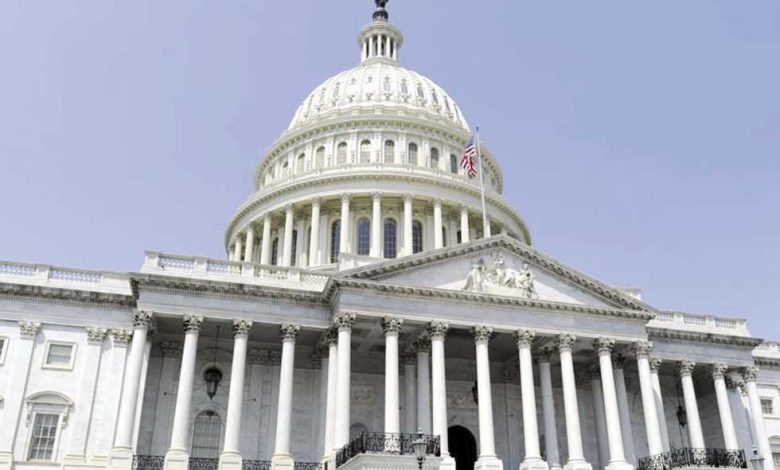U.S. signals to keep Quds Force and remove Guard from terrorism list

The United States on Friday insisted that Iran’s Revolutionary Guard Corps Quds Force remain on its blacklist of terrorist organizations, a key issue in negotiations to revive an international agreement on Iran’s nuclear program.
The U.S. administration now appears to be differentiating between the Revolutionary Guard and the Quds Force, which have been accused of numerous destabilizing activities in the Middle East, signaling an American compromise proposal.
On Thursday, US Army Chief of Staff General Mark Milley said, “Personally, I believe that the Quds Force of the Iranian Revolutionary Guard is a terrorist organization, and I do not support its removal from the list of terrorist organizations”.
Asked whether the administration of President Joe Biden shared that view with Milley, State Department spokeswoman Jalina Porter appeared to be supportive Friday.
“The president shares the view with the chairman that the Revolutionary Guard’s Quds Force is a terrorist organization”, she told reporters.
The administration of former President Donald Trump blacklisted the guards, particularly the Quds Force, in 2019 nearly a year after he unilaterally withdrew from the 2015 deal between Iran and major powers. Biden, Trump’s successor, has signaled his desire to return to the deal, provided Tehran returns to full compliance with all of its commitments that it reneged on following Washington’s withdrawal.
While the Biden administration has been trying to revive the deal for a year, negotiations with Iran are particularly bogged down by the issue. The Iranian authorities are demanding that the guards be removed from the blacklist, which has angered a part of the American political class, especially the right-wing opposition.
The IRGC could theoretically be de-listed and the Quds Force could remain on it.
U.S. negotiator Rob Malley said in late March that the IRGC would still be subject to U.S. sanctions even if it was removed from the blacklist, and that U.S. views of the Guards would not change.
According to several experts, this statement does not necessarily mean that the Americans refuse to remove the guards from their blacklist, as the guard’s commanders will in any case remain subject to other sanctions.
On Friday, Galina Porter seemed to support the idea. I want to recall that of the 107 Iran-related blacklists decided by the Biden administration, 86 are specifically targeted at people associated with the Guard or affiliated groups, she said.
But she reiterated that reviving the nuclear deal was neither imminent nor certain at this stage.
General Millie, who is not involved in the negotiations, made it clear during a congressional hearing that this is only his personal opinion and that he expresses it publicly because, as a military person, he has to comply with the questions asked by US lawmakers.
It’s different for politicians, and Defense Secretary Lloyd Austin declined to answer that question. I’m not going to comment on the ongoing negotiations or the opinion I’m going to offer the president.
The Quds Force is the force responsible for external military operations and was led by General Qassem Soleimani, who was killed by a US strike near Baghdad airport in January 2020.
The Quds Force oversees Iran’s armed factions in the region, such as Lebanon’s Hezbollah, Yemen’s Houthi rebels and other influential groups in Iraq and Syria.












